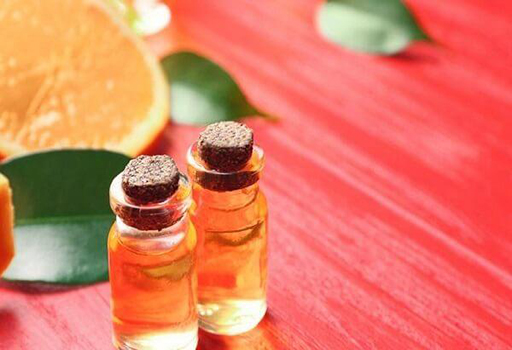What Are Kidney Stones?
Also known as renal calculi, kidney stones or urinary stones, kidney stones are a number of crystalline substances that are grouped together. Kidney stones travel to the bladder before being transferred to the urethra and urethral opening. This can cause severe pain that starts in the back and extends to the abdomen and groin.
What Causes Kidney Stones?
Kidney stones form due to crystalline materials that bind to the kidneys. This is the result of kidneys containing more crystals than fluids and deficiencies that prevent crystals from sticking together.
The four most common types of crystal building materials are:
- Calcium: Increased calcium oxalate in the kidneys may be caused by hyperparathyroidism, too much salt in the human diet, bypass surgery and too much Vitamin D.
- Cystine: Amino acid. The development of cystine crystals is a genetic disorder.
- Struvite: Stones occur as a result of urinary tract infection (UTI).
- Uric Acid: Uric acid stones grow in people who develop calcium and gout stones. This type of kidney stone affects more men than women.
Kidney Stone Risk Factors
The following conditions may increase your chances of developing kidney stones:
- Genetics
- Dehydration
- High-Sodium Diet
- Obesity
- Intestinal Surgery
- Intestinal Diseases
- Certain Food Supplements
Symptoms of Kidney Stone
Not sure about kidney stones? Common symptoms of nephrolithiasis include:
- Severe pain in the back and side
- A sharp pain near the abdomen or groin
- Pain that comes with waves from the upper extremities
- Feeling pain or burning when urinating
- Urine of different colours
- Smelly urine
- Frequent urination
- Nausea
- Cold
If you experience a combination of any of the above symptoms, we recommend that you consult your doctor, especially if your symptoms are severe. Although rare, kidney stones can lead to kidney damage and diseases such as sepsis and should be monitored by a medical professional.
Kidney Stone Treatment With Essential Oil
Common treatments for kidney stones include:
- Drinking plenty of water: The liquid helps to clean the crystals and prevents them from forming. The doctor may recommend drinking 2-3 quarts a day.
- Reducing pain: If your symptoms are mild, your doctor may recommend that you take drugs such as ibuprofen to help with pain associated with passing stones.
- Alpha blockers: Your doctor may also prescribe alpha blockers to help relax the muscles in the ureter and reduce pain, helping the stones to pass faster.
- Sound waves: Extracorporeal shock wave lithotripsy (ESWL) is sometimes used to help separate rocks. This procedure usually requires anaesthesia.
- Surgery: If your doctor determines that the stone cannot be safely transmitted from home, they may recommend surgery.
- Medications: If you frequently experience kidney stones, you may want to ask your doctor about medications that can help prevent crystalline buildup.
Essential Oils for Kidney Stones
Some studies have shown promising effects on the effects of essential oils on the urinary tract.
A 2013 Brazilian study on the release of Copaiba revealed its ability to prevent kidney stones from forming. After Copaiba was discontinued in studies, uric acid concentration decreased, and calcium oxalate levels in the balance and kidney function were not significantly affected.
A study of lavender oil and kidney oil found that oils reduce pain in patients. Patients with renal colic were classified as a general medical group and an aromatherapy group. Pain severity is measured after 10 minutes of treatment and 30 minutes. Both groups experienced significantly lower pain severity after treatment. Interestingly, lavender oil benefits women more than men in the study.
In vivo and in vitro studies on Oregano extraction were performed to better understand Oregano’s ability to inhibit crystalline compounds, such as calcium oxalate, in the kidneys. Oregano extract was found to help prevent kidney stones and aided in kidney health in a variety of ways.
Although the Copaiba and Oregano studies both involve substitutes for essential oils, you may need to try your doctor’s guidance. To use, mix 9 drops of Copaiba with 3 drops of Oregano in 1 oz of coconut oil (you can use any of the treat oils you have, including olive oil). Apply the mixture on your wrists and back or abdomen (near where you feel pain).
At-Home Kidney Stone Treatment
Once your doctor has determined that your kidneys are safe, try these essential oils to help keep things moving.
Kidney Cleansing
Distribute this natural remedy or apply it topically to local pains where it is mixed with 1 oz of network carrier oil.
- 8 drops of Frankincense serrata essential oil
- 6 drops of Helichrysum essential oil
- 4 drops of Juniper Berry essential oil
A healthy kidney is a happy kidney, so spread this mixture to improve your mood and relieve feelings of pain and stress.
- 7 drops of essential oil lavender
- 7 drops of Lemon essential oil
- 4 drops of Lemon grass essential oil

